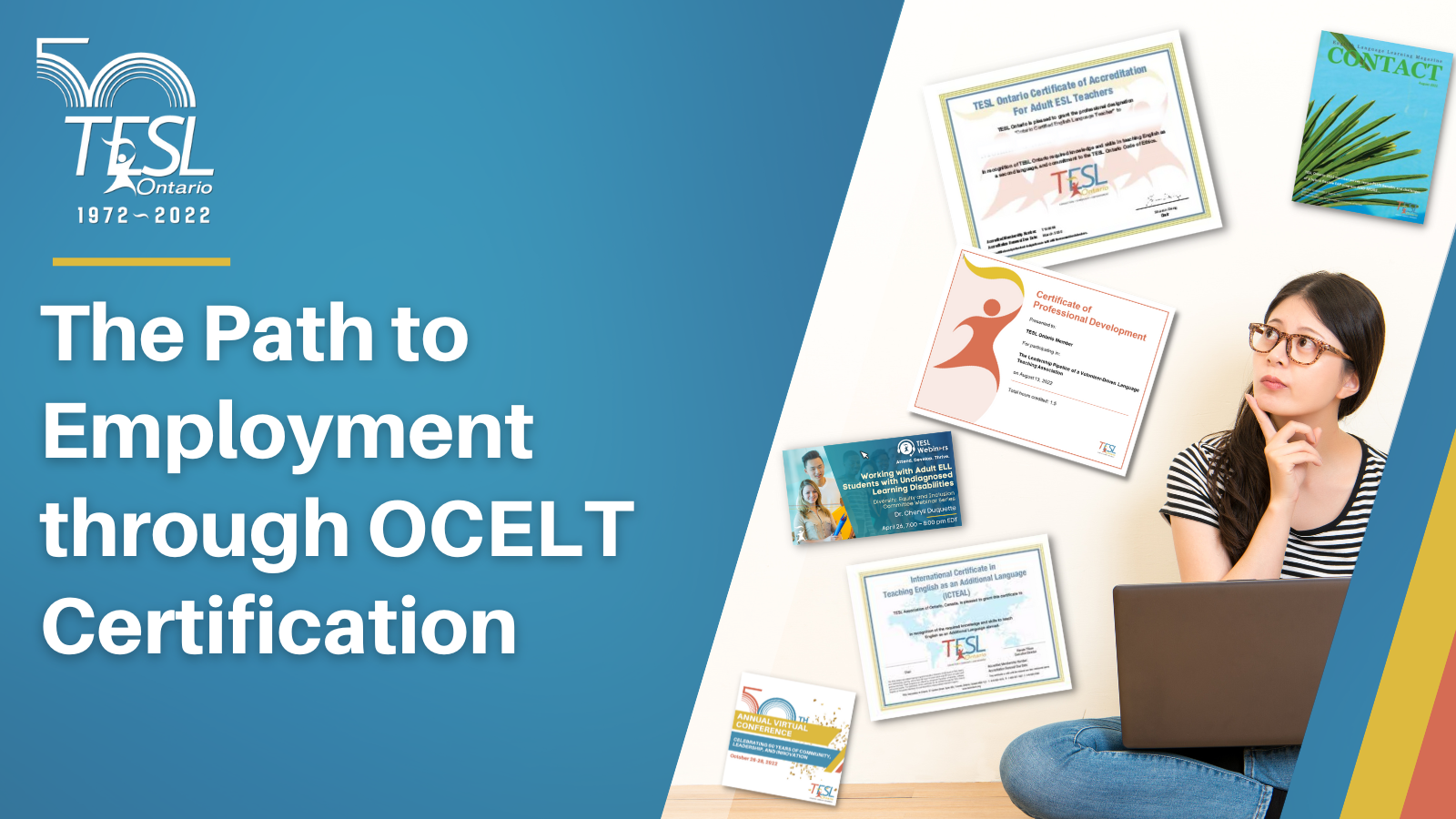
As an ESL teacher, the majority of my teaching has recently been shifted to questioning. This is mainly because I’ve been teaching university Pathway courses lately, and the role of critical thinking has been the highlight of these lesson plans. In order to help my students become better critical thinkers, I need to ask critical questions. And that’s why I believe we should create the culture and context before asking critical questions, to ensure learner engagement as well as academic excellence.
Continue reading








